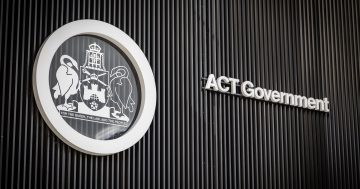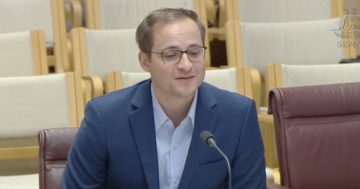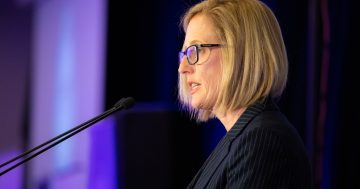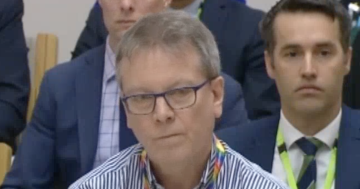
The APS is looking to forge new partnerships beyond traditional consultants. Photo: File.
Consulting as we know it could be a thing of the past, at least as far as the Australian Public Service is concerned.
At a minimum, it will undergo a dramatic change.
The Federal Budget has detailed a string of measures the Government is pursuing to build APS capability and to break the over-reliance on external consultants.
“It will mean rethinking who the APS interacts with and what people-centred public administration means,” the budget papers state.
“It means consulting beyond traditional participants and locations to provide government with a range of perspectives and on-the-ground experiences of all Australians.”
In short, it suggests the government is moving away from the tainted practice of outsourcing almost everything it does.
External consultants will no longer be the answer to APS workloads, and the government will not be the cash cow it has long been for the big contracting firms.
Reimagined partnerships will surface, with “this is the way we’ve always done it” no longer an acceptable mindset.
“The government is committed to ensuring the APS works in genuine partnership with the community to solve problems and co-design the best solutions to improve the lives of all Australians,” the budget states.
It’s the end of the world as we know it – just not yet.
Nothing is going to happen tomorrow.
Reviews, surveys, discussions and developments still have a way to play out before any noticeable changes are implemented.
Committees within committees are busy at work.
A new “partnership priorities sub-committee” of the secretaries board has been established to further embed partnership culture and behaviour in the APS, including place-based partnerships.
The government is looking for opportunities to support secondments between the government, business, and community sectors.
The sub-committee is developing a charter for partnerships and engagement, to provide a clear view of how the APS will work in this brave new world.
Capability reviews are already underway at the Australian Public Service Commission, the Department of Health and Aged Care, and the Department of Infrastructure, Transport, Regional Development, Communications and the Arts.
That’s just the beginning.
A series of reviews will spread across the APS to focus on building the capability of individual agencies.
The government also appears committed to establishing an in-house consulting capability, and has provided almost $11 million towards its development.
Once established, it is hoped it will provide a new source of high-quality consulting services for the APS and at a lower cost than external firms.
“The in-house consulting capability will strengthen internal capabilities and bring critical work back into the APS,” the budget states.
An audit of APS employment was recently conducted across 112 agencies and found that in 2021-22 the service had an external labour workforce of 53,900 staff.
“This translates to around one in every four dollars spent by agencies for departmental purposes being directed to external labour services,” the budget says.
“The audit found that around 69 per cent of the spending on external labour was on outsourced service providers.
“Contractors and consultants accounted for close to 27 per cent of expenditure and labour hire accounted for around 4 per cent.”
The audit’s findings have informed discussions about the use of external labour roles.
And Labor has used its second budget to express its continued focus on reducing spending on external labour.
A total of 3314 positions in 2023-24 are being converted to APS roles.
The reduction in expenditure from conversion is $811m over the forward estimates.
The government is also more closely expanding its use of the Survey of Trust in Australian Public Services, a national survey measuring public satisfaction, trust and experiences with public services.
This closer scrutiny of APS integrity has been largely forced on the government from the fallout of the illegal Robodebt automated debt recovery scheme.
The public service’s role in the scandal, including how external consultants were used, has been as much a focus of inquiries as the political decisions taken.
Meanwhile, the Royal Commission into the Robodebt Scheme has sought, and been granted, another deadline extension.
It now has until 7 July to present its report, a week later than its 30 June deadline, which itself had been extended from 18 April.




















